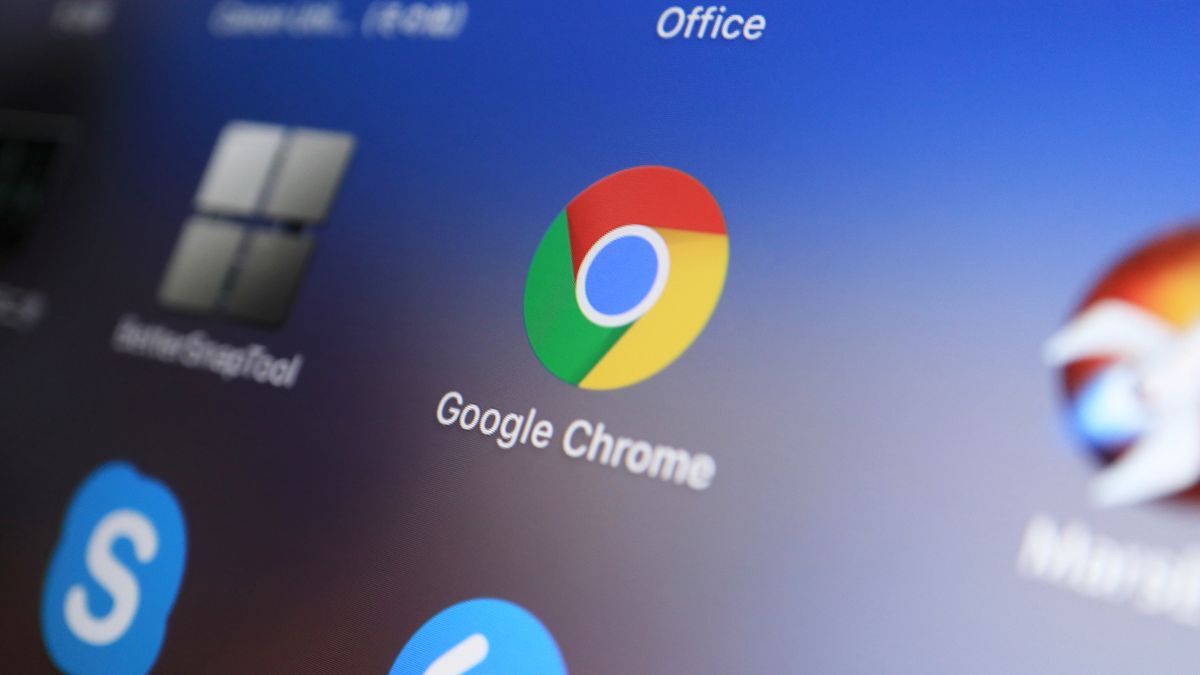- cross-posted to:
- firefox@lemmy.ml
- technology@lemmy.world
- cross-posted to:
- firefox@lemmy.ml
- technology@lemmy.world
Clearly, Google is serious about trying to oust ad blockers from its browser, or at least those extensions with fuller (V2) levels of functionality. One of the crucial twists with V3 is that it prevents the use of remotely hosted code – as a security measure – but this also means ad blockers can’t update their filter lists without going through Google’s review process. What does that mean? Way slower updates for said filters, which hampers the ability of the ad-blocking extension to keep up with the necessary changes to stay effective.
(This isn’t just about browsers, either, as the war on advert dodgers extends to YouTube, too, as we’ve seen in recent months).
At any rate, Google is playing with fire here somewhat – or Firefox, perhaps we should say – as this may be the shove some folks need to get them considering another of the best web browsers out there aside from Chrome. Mozilla, the maker of Firefox, has vowed to maintain support for V2 extensions, while introducing support for V3 alongside to give folks a choice (now there’s a radical idea).



My Chromebook heard about it and a few weeks ago developed a display issue. I’m now looking for a new laptop that allows Firefox browser. It’s kind of funny how things work out.
Wait, a Chromebook won’t let you use any browser other than than Chrome?
Chromebook won’t let you get browser Firefox unless you switch to Linux but not all Chromebook’s are able to get Linux because of hardware. I was one of those people.